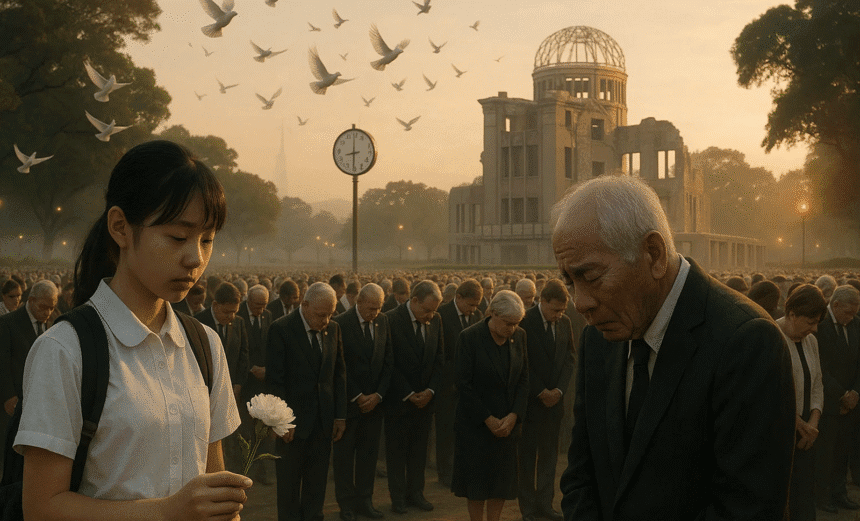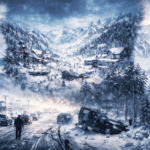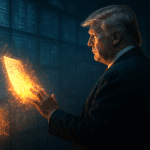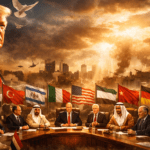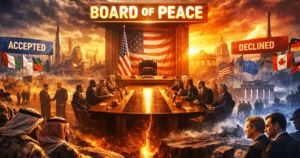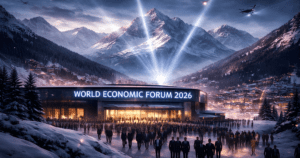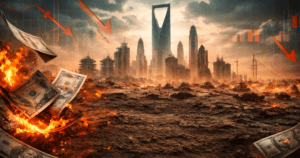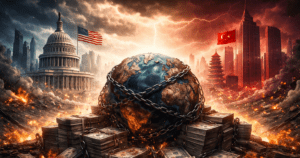Eighty years after the world’s first atomic bombing, Hiroshima stood still in a powerful moment of remembrance. On August 6, 2025, thousands gathered at Hiroshima’s Peace Memorial Park to mark the 80th anniversary of the devastating event that forever changed the course of history. At exactly 8:15 AM, the time the U.S. military dropped the atomic bomb “Little Boy” on the city in 1945, a moment of silence was observed. Church bells rang, doves were released into the sky, and survivors known as hibakusha, along with their descendants, visitors, and world leaders, paid tribute to the victims.
The atomic bomb dropped on Hiroshima instantly killed an estimated 70,000 people. By the end of 1945, the toll had risen to around 140,000 due to severe burns, injuries, and radiation-related illnesses. In the decades since, tens of thousands more died from long-term health effects, including leukemia, thyroid cancer, and other radiation-linked diseases. Survivors continue to suffer from the psychological and physical trauma of that day, and even their children, known as the second-generation hibakusha, report ongoing health issues, though the science is still developing on possible genetic impacts.
Speaking at the ceremony, Hiroshima survivor Keiko Ogura, now 86, urged the world not to forget. “I was 8 years old. I saw my neighbors vanish in an instant. I still see them when I close my eyes. We share our stories so that this never happens again.” Her words drew emotional responses from attendees, many of whom traveled across the world to stand in solidarity with the people of Hiroshima. Japanese Prime Minister Fumio Kishida, whose political base is in Hiroshima, emphasized Japan’s duty to advocate for a nuclear-free world. “As the only nation to suffer nuclear attacks, we carry the responsibility to push for disarmament, even as geopolitical tensions rise,” he said.
This year’s memorial takes place against a backdrop of growing global anxiety over nuclear weapons. Russia’s ongoing war in Ukraine, North Korea’s escalating missile tests, and rising U.S.-China tensions have reignited fears of nuclear confrontation. Meanwhile, countries like Russia, China, and the United States are actively modernizing and, in some cases, expanding their nuclear arsenals. According to a recent report by the Stockholm International Peace Research Institute (SIPRI), the global nuclear arsenal is once again on the rise after years of decline.
United Nations Secretary-General António Guterres, who could not attend in person, delivered a video message emphasizing the urgency of disarmament. “Eighty years on, the shadow of Hiroshima looms large,” he said. “Disarmament is not a dream; it is a moral and global necessity.” Hiroshima Mayor Kazumi Matsui echoed the call, urging world leaders not only to visit Hiroshima to mourn but to take meaningful political action against nuclear armament.
Today, Hiroshima is a vibrant city of more than 1.2 million people, rebuilt from the ashes with a global reputation as a symbol of peace and resilience. The Atomic Bomb Dome, one of the few structures that survived the blast, stands preserved as a stark reminder of the past, while the Hiroshima Peace Memorial Museum educates millions every year about the horrors of nuclear war. This year, the museum introduced advanced virtual reality exhibits to help younger generations understand the devastation experienced in 1945.
The 80th anniversary also featured youth-led peace workshops, survivor testimony recordings using AI voice preservation, and artistic performances dedicated to peace. Many young attendees expressed concern about the future, vowing to carry forward the legacy of peace advocacy. “We weren’t alive in 1945, but the lessons of Hiroshima belong to us all,” said 20-year-old student Yui Tanaka, who traveled from Tokyo for the event.
As the world remembers Hiroshima, the message remains clear: the cost of nuclear war is too great. While the memories of the survivors fade with time, their stories, pain, and hope continue to shape the global conscience. On this solemn anniversary, Hiroshima stands not only as a city that once faced the unimaginable but also as a beacon that continues to call for peace, compassion, and the end of nuclear weapons.

